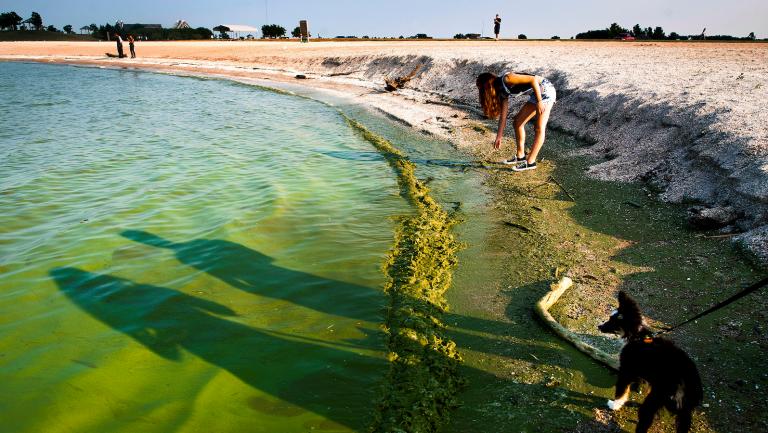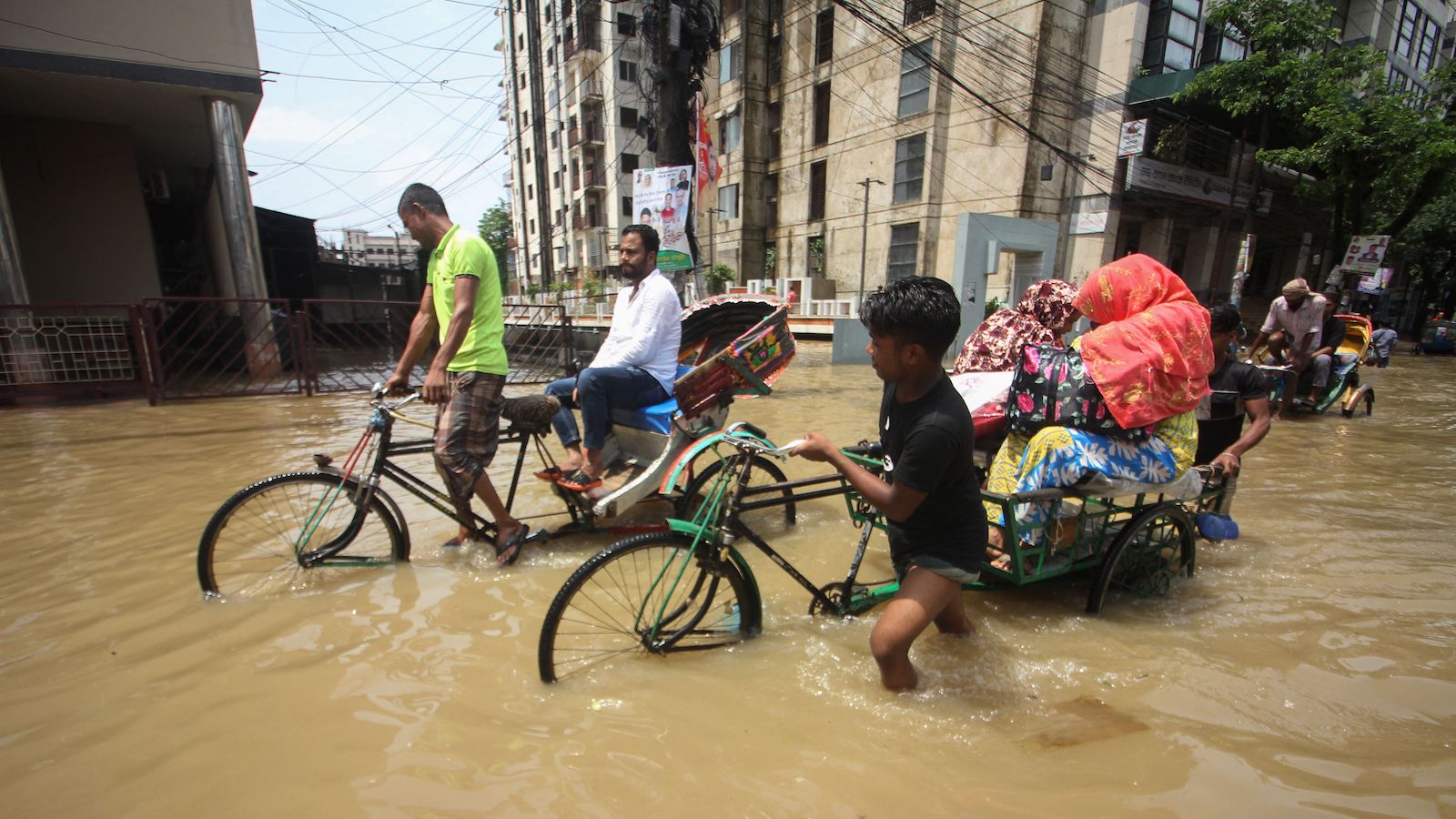The United States has caused more damage to global economies than any other nation by burning fossil fuels, causing $1.9 trillion in lost gross domestic product between 1990 and 2014, according to a new study released Tuesday by Dartmouth College.
Environmental advocates have warned for years that greenhouse gas emissions from wealthy nations are triggering devastating climate impacts like droughts, heat waves, floods, and hurricanes, leading to income losses in poorer countries. But the Dartmouth researchers put a number to that assertion, finding that the five largest emitters – the U.S., China, Russia, India, and Brazil – collectively caused $6 trillion in losses worldwide, or about 14 percent of annual global GDP, over the study’s quarter-century period.
The greatest damage has come from the U.S. and China, the world’s two largest emitters of greenhouse gases. Together, the two countries have caused $3.74 trillion in income losses, nearly a third of the total damage calculated. Russia, India, and Brazil each caused more than $500 billion in losses. While the European Union is normally counted as one bloc when adding up emissions, this study considered each country separately, placing nations like Germany further down the list. The study was published in the journal Climatic Change.
Overall, the greatest losses have come from countries located in the Southern Hemisphere. Nations like low-lying Bangladesh, where floods accelerated by global warming have “severely affected” more than 7.2 million people so far this summer, have contributed the least to climate change, the researchers said, but are paying the greatest price.
“The responsibility for the warming rests primarily with a handful of major emitters, and this warming has resulted in the enrichment of a few wealthy countries at the expense of the poorest people in the world,” Justin Mankin, an assistant professor of geography and one of the study’s co-authors, said in a press release.
While the numbers are startling, they may actually be on the low end. The research did not factor in the value of biodiversity, the psychological benefits of nature, cultural connections to the environment, and other costs that aren’t reflected in market-based measures like GDP. A UN report released Monday urged countries to consider these aspects of their relationship with the environment rather than focusing purely on economic indicators.
Generally, wealthier and more northern nations have slightly benefited from climate change, Mankin said. Although Canada, Russia, and Scandinavian countries have faced wildfires and melting permafrost, they’ve also experienced longer growing seasons and increased agricultural yields as a result of warming temperatures.
As the divide between regions’ vulnerabilities became apparent in recent years, countries like the U.S., Germany, and France pledged to help finance adaptation measures for the parts of the world that face the greatest risk. But the funds have been slow to arrive, despite a 2009 pledge to provide $100 billion annually starting in 2020.
The study’s new figures, however, could help push that initiative along at November’s COP27 meeting in Egypt. Nations are slated to discuss “loss and damage,” a controversial effort to get the U.S. and other wealthy countries to sufficiently pay for that destruction. Though attempts to create a legal framework for loss and damage payments have stalled at previous global climate talks, a coalition of youth activists recently urged the COP27 president to make them a priority.
“For far too long, efforts to reduce emissions and scale up adaptation have been utterly inadequate[,] exceeding people’s ability to adapt,” the Loss and Damage Youth Coalition wrote in an open letter in June. “Therefore, loss and damage is now part of the reality of climate change and must be addressed.”




